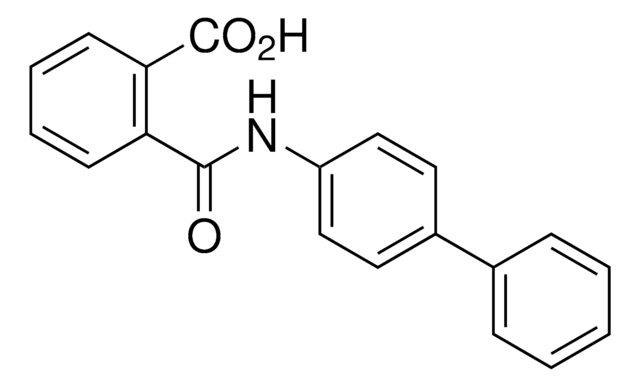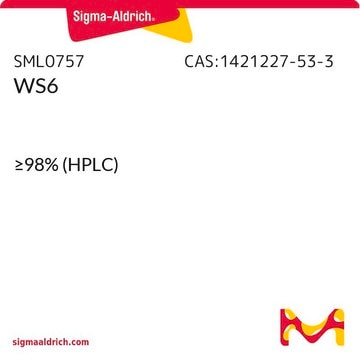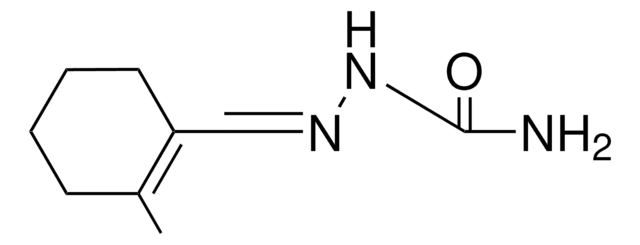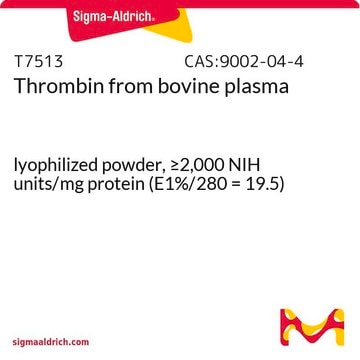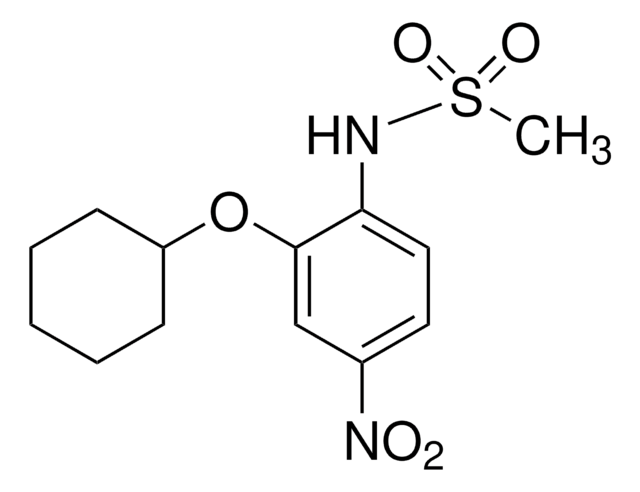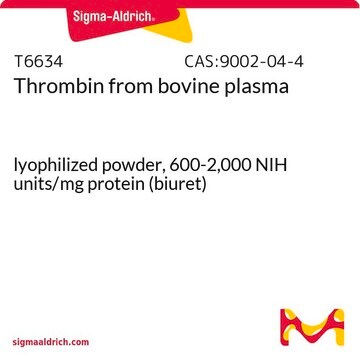SML0370
Kartogenin
≥98% (HPLC)
Synonym(s):
2-[(Biphenyl-4-yl)carbamoyl]benzoic acid, 4′-Phenyl-phthalanilic acid (8CI), KGN
About This Item
Recommended Products
Assay
≥98% (HPLC)
form
powder
solubility
DMSO: >15 mg/mL
storage temp.
room temp
SMILES string
O=C(NC1=CC=C(C2=CC=CC=C2)C=C1)C(C=CC=C3)=C3C(O)=O
InChI
1S/C20H15NO3/c22-19(17-8-4-5-9-18(17)20(23)24)21-16-12-10-15(11-13-16)14-6-2-1-3-7-14/h1-13H,(H,21,22)(H,23,24)
InChI key
SLUINPGXGFUMLL-UHFFFAOYSA-N
Biochem/physiol Actions
Storage Class Code
11 - Combustible Solids
WGK
WGK 3
Choose from one of the most recent versions:
Certificates of Analysis (COA)
Don't see the Right Version?
If you require a particular version, you can look up a specific certificate by the Lot or Batch number.
Already Own This Product?
Find documentation for the products that you have recently purchased in the Document Library.
Customers Also Viewed
Our team of scientists has experience in all areas of research including Life Science, Material Science, Chemical Synthesis, Chromatography, Analytical and many others.
Contact Technical Service